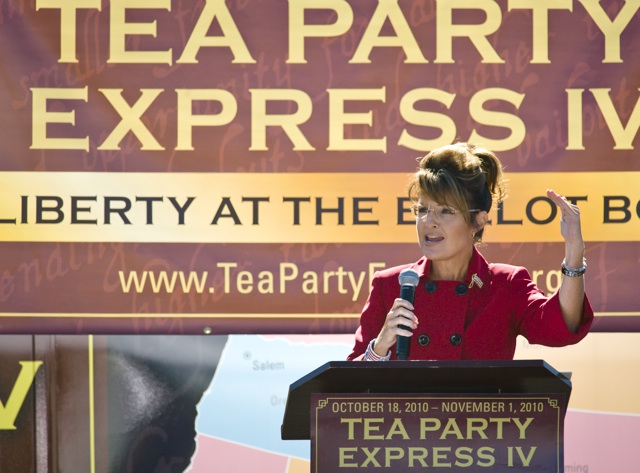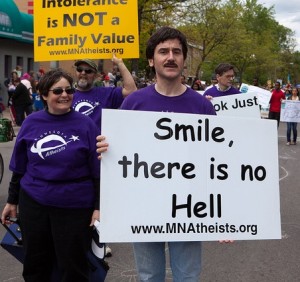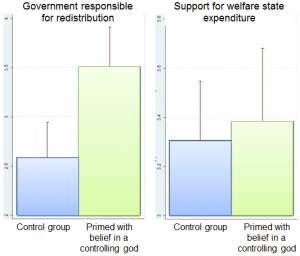In the previous post, I took a look at the fairly substantial weight of evidence linking religion to inequality, specifically income inequality, with religion. The most unequal countries also tend to be the most religious, even when you take into account a variety of other factors.
Why should this be? There are a number of theories. One is that unequal societies also tend to have a lot of other problems, and the stresses that these cause may turn people to religion.
Frederick Solt and colleagues from Southern Illinois University wanted to test an alternative theory – that the rich and powerful use religion as a tool for social control to keep the poor in their place. They call this the ‘Relative Power’ theory. Not a new idea, of course, but they came up with a couple of novel ways to test it.
Firstly they looked at data from the World Values Survey, which allowed them to examine how religiosity varied with wealth in different countries.
What they found (after adjusting for a bunch of other factors) was that, in the most unequal countries, both the rich and the poor were more likely to be religious. In fact, and rather remarkably, inequality seemed to have a bigger effect on the rich than on the poor.
So, for critical measures like whether a person considers themselves to be religious, or whether they believe in an afterlife, the rich in equal countries are less religious than the poor – as you would expect.
But in highly unequal countries the rich are actually more religious than the poor!
Then they went on to look at how religion, overall wealth, and inequality have changed in the USA since the mid 1950s. The USA is one of the few countries in the world with enough data to do this, but even so the religion data they had to use were a bit cobbled-together. Still, they used a sophisticated statistical tool called vector autoregression, which allows you to see how the variables seem to influence each other over time without making any underlying assumptions about cause and effect. It can even help uncover whether the relationship is circular.
Now, the USA over the past 50 years has been characterised by increasing wealth, increasing inequality, and decreasing religion. What Solt found was that a rise in inequality one year tended to lead to a increase in religion the next. This was offset by the fact that rising wealth tended to lead to less religion.
However, the opposite did not happen. Changes in religion did not have any effect on later levels of either inequality or wealth.
Solt and colleagues interpret this as more evidence for their ‘Relative Power’ theory. They point out that high levels of inequality in a democracy are difficult to understand using ideas based on rational self interest (the so-called ‘median-voter’ models of democracy) and conclude that:
…many wealthy individuals, rather than simply allowing redistribution to be decided through the democratic process as such median-voter models assume, respond to higher levels of inequality by adopting religious beliefs and spreading them among their poorer fellow citizens. Religion then works to discourage interest in mere material well-being in favor of eternal spiritual rewards, preserving the privileges of the rich and allowing unequal conditions to continue.
Strong stuff, but I’m not sure I’m entirely convinced. After all, doesn’t the fact that changes in income inequality precede changes in religion suggest that it’s the stress and anxiety that are causing religion – rather than religion causing inequality?
But the increased religiosity among the rich certainly is food for thought. Even that is not proof, however. As the epidemiologists Richard Wilkinson and Kate Pickett point out in their book The Spirit Level, in highly unequal societies everyone suffers – rich as well as poor.
Still this is the first really solid, empirical evidence that the rich use religion as a tool to keep the poor in their place. Tea Party, anyone?
![]()
Solt, F., Habel, P., & Grant, J. (2011). Economic Inequality, Relative Power, and Religiosity* Social Science Quarterly, 92 (2), 447-465 DOI: 10.1111/j.1540-6237.2011.00777.x
 This article by Tom Rees was first published on Epiphenom. It is licensed under Creative Commons.
This article by Tom Rees was first published on Epiphenom. It is licensed under Creative Commons.











